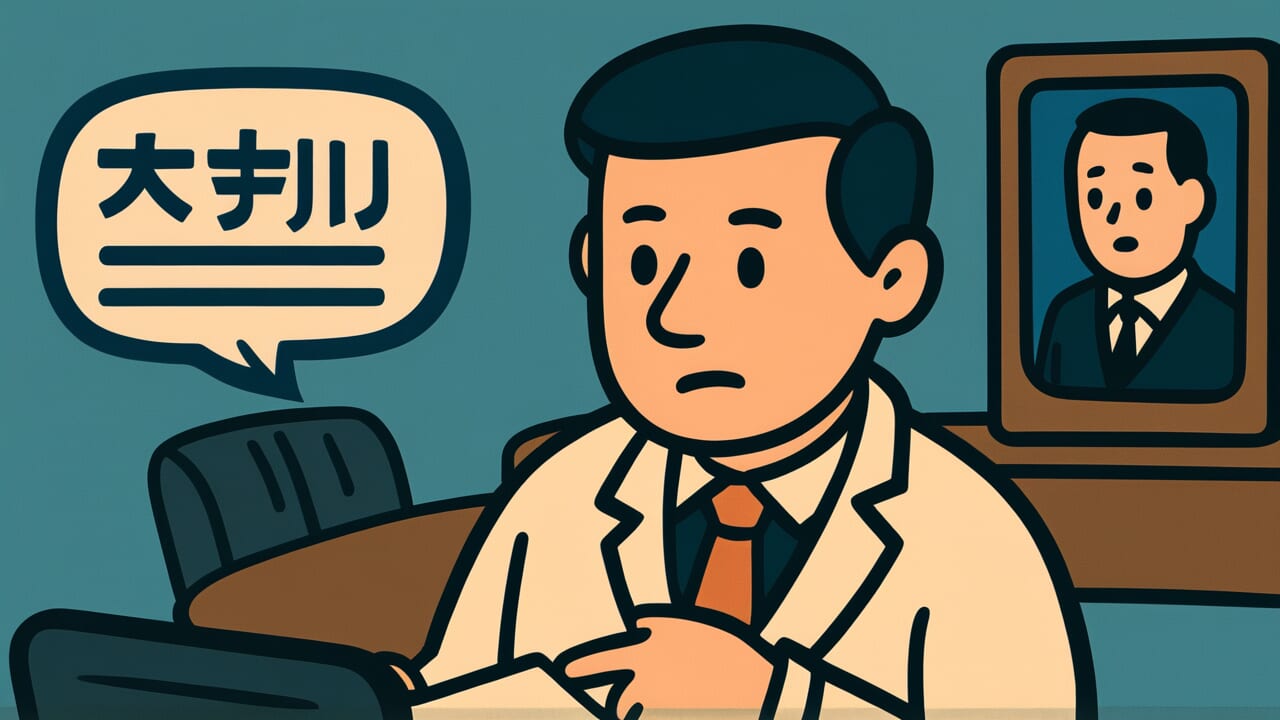How to Read “Dislike is the Chinese name for not knowing”
Kirai wa shiranu no karana
Meaning of “Dislike is the Chinese name for not knowing”
“Dislike is the Chinese name for not knowing” is a proverb that reveals a truth about human psychology. When people dislike something, they often don’t really know much about it.
We sometimes reject or feel disgusted by things we don’t fully understand. But the true nature of that “dislike” often comes from anxiety or fear of the unknown.
This proverb sharply points out this aspect of human nature.
People use this saying when someone criticizes or rejects something without understanding it properly. It gently corrects that attitude.
You can also use it to warn yourself against your own prejudices and preconceptions.
This truth still applies today in many situations. We see it in reactions to new technology, different cultures, or people we meet for the first time.
The proverb teaches us the importance of staying calm and fair. We should really know something before we judge it.
Origin and Etymology
No clear written records explain the origin of this proverb. However, we can make interesting observations from how the phrase is constructed.
“Karana” (Chinese name) refers to Chinese-style names or difficult Chinese expressions. For people in the Edo period, Chinese learning and culture were sophisticated and scholarly.
At the same time, they were difficult and intimidating. When common people heard “Chinese name,” they thought of something hard to understand.
This proverb cleverly uses that image of “Chinese name.” It connects the emotion of “dislike” with the state of “not knowing.”
Then it compares this to a “Chinese name,” something difficult to grasp. In other words, the feeling of dislike is just another name for not knowing.
This shows an ironic observation of human nature.
This proverb probably emerged as folk wisdom during the Edo period. It shows how Japanese people valued learning and culture.
Yet they also sharply understood the true nature of human emotions. Rather than using fancy words, they expressed human truth in everyday language.
This proverb represents that crystallized folk wisdom.
Usage Examples
- He says he dislikes foreign food, but “dislike is the Chinese name for not knowing” – he’s never actually tried it
- I thought I didn’t like that person, but “dislike is the Chinese name for not knowing” – when I talked to them, they were really nice
Universal Wisdom
“Dislike is the Chinese name for not knowing” reveals a universal truth about the deep relationship between human emotions and perception.
We like to think we’re rational beings. But this proverb points out a slightly painful truth: many of our emotions actually come from ignorance.
Why do people dislike what they don’t know? Because the uncertainty of the unknown makes us anxious.
Throughout history, humans survived by avoiding danger. The instinct to stay away from unfamiliar things kept us safe.
That instinct is deeply carved into us. The emotion of “dislike” is an expression of that defensive instinct.
However, this proverb has been passed down for generations because our ancestors also recognized the limits of that instinct.
Rejection based on ignorance sometimes causes us to miss great opportunities. We push away new friends, new knowledge, and new experiences.
Human growth means overcoming this instinctive rejection. It means keeping an open heart toward the unknown.
That’s what this proverb teaches us.
By knowing something, dislike can turn into like. At the very least, understanding and respect can grow.
That is the path we should walk as intelligent beings, different from animals.
When AI Hears This
The human brain consumes a huge amount of energy when processing something new. New food, a person you just met, music you’ve never heard.
When you encounter these things, your brain desperately tries to judge whether they’re dangerous or safe, and how to classify them.
This high processing cost surfaces in your consciousness as discomfort. When you feel “dislike,” your brain is actually just crying out that processing is hard and tiring.
Psychologist Zajonc conducted an experiment where he repeatedly showed meaningless shapes to subjects. As the repetitions increased, their favorable feelings toward the shapes grew.
The content hadn’t changed at all. This happens because the brain’s neural circuits become more efficient each time they process the same information.
Energy consumption decreases. The brain is wired to feel comfortable in energy-saving mode.
What’s even more interesting is that this effect happens at an unconscious level. Even when subjects didn’t remember seeing the shapes, their favorable feelings still increased.
In other words, humans prefer things that are easier to process, without even being able to explain why they like them.
If food aversion is actually a side effect of the brain’s “processing cost reduction program,” then our likes and dislikes might not be as fundamental as we think.
Lessons for Today
This proverb teaches modern people the importance of having the courage to question their own emotions.
We live in an era where we instantly express “like” or “dislike” on social media. That’s exactly why we need to stop and think about the basis of those emotions.
Think about a person you find difficult or a field you’ve decided doesn’t interest you. Is your judgment really based on knowing enough about them?
Maybe it’s just another way of saying “I don’t know.”
Practically speaking, when you feel rejection toward something, develop a habit of asking yourself a question. “Do I really dislike this, or do I just not know about it?”
Then, while keeping your judgment on hold, make a small effort to learn more. Read one book, listen once, try the experience one time.
That small step might greatly expand your world.
The emotion of dislike might just be putting a lid on your own possibilities. When you realize this, life becomes much richer and more interesting.



Comments